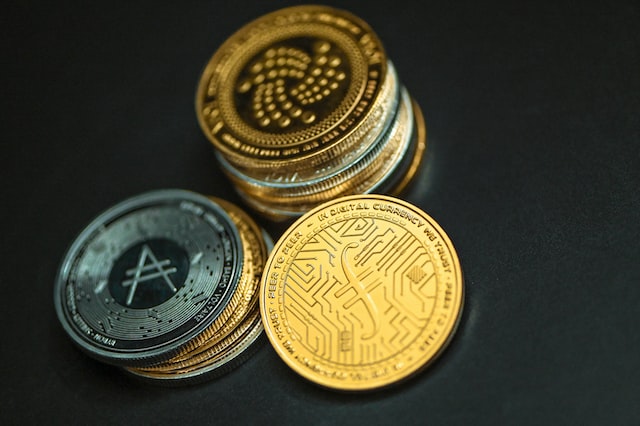
Decentralized Car Sharing: Another potential use case for blockchain in the automotive industry is decentralized car sharing.
[tta_listen_btn]
As the world becomes more conscious of the impact of transportation on the environment, car-sharing has emerged as a viable solution to reduce the number of cars on the road. Decentralized car sharing, powered by blockchain technology, could take car sharing to the next level by creating a peer-to-peer platform where car owners can rent out their vehicles to other users. This would enable car sharing on a larger scale and make it more accessible to individuals.
Using blockchain for decentralized car sharing could offer several advantages. First and foremost, the use of blockchain would enable secure and transparent transactions. The blockchain ledger would record every transaction, ensuring that both the car owner and the renter have a clear record of the rental agreement, including the terms, duration, and price. This would create trust between the parties, eliminating the need for intermediaries such as car rental agencies or third-party payment processors.
Additionally, the digital identity of the car stored on the blockchain could be used to verify ownership and track usage. This would ensure that the car being rented is owned by the person renting it out, reducing the risk of fraud. It would also provide the renter with information about the car’s history, including its make, model, and maintenance records.
Decentralized car sharing could also have significant environmental benefits. By enabling more people to access cars without needing to own one, it could reduce the number of cars on the road, thus reducing carbon emissions and traffic congestion. This would be particularly useful in densely populated urban areas where owning a car is often unnecessary or impractical.
Implementing decentralized car sharing would require the participation of car owners, who would need to be willing to rent out their vehicles to other users. However, by using blockchain technology, car owners would have complete control over the rental process, including the price, duration, and conditions of the rental agreement. This would enable car owners to earn extra income while also reducing the number of cars on the road.
One potential challenge of decentralized car sharing is the issue of liability in the event of an accident or damage to the vehicle. However, this could be addressed by requiring renters to purchase insurance or by including insurance coverage as part of the rental agreement. This would ensure that both the car owner and the renter are protected in the event of any accidents or damages.
In conclusion, decentralized car sharing powered by blockchain technology has the potential to revolutionize the way we access and use cars. By enabling peer-to-peer car sharing, it could reduce the number of cars on the road, decrease carbon emissions, and create new income opportunities for car owners. While there are challenges to implementing such a system, the potential benefits are significant and could ultimately lead to a more sustainable and efficient transportation system.
Here are some additional details about how decentralized car sharing using blockchain technology could work:
- Car owners would create a digital identity for their vehicle on the blockchain. This identity would include information such as the car’s make, model, year, and maintenance history. The car owner would also set the price, duration, and conditions of the rental agreement.
- Renters would browse available cars on the decentralized car sharing platform and choose the one that best suits their needs. They would then submit a rental request to the car owner, including the rental period and any additional requirements such as insurance or extra features.
- The car owner would review the rental request and either accept or decline it. If accepted, the rental agreement would be executed using a smart contract on the blockchain, which would automatically process the payment and record the details of the agreement.
- Once the rental period is over, the renter would return the car to the owner, who would inspect it for any damages or issues. If everything is in order, the rental agreement would be closed and the payment would be released to the car owner.
- Any issues or disputes that arise during the rental process could be resolved using the dispute resolution process built into the blockchain platform. This would ensure that both parties have a fair and transparent way to resolve any conflicts.
By using blockchain technology to power decentralized car sharing, this process would be secure, transparent, and efficient. It would eliminate the need for intermediaries such as car rental agencies, which can often be costly and time-consuming. Additionally, the use of smart contracts would automate the rental process, reducing the risk of errors and ensuring that both parties have a clear understanding of the terms of the agreement.
In terms of the potential environmental benefits of decentralized car sharing, studies have shown that car sharing can significantly reduce carbon emissions and traffic congestion. According to a study by the University of California, Berkeley, car sharing can reduce greenhouse gas emissions by up to 30% per user. By enabling more people to access cars without needing to own one, decentralized car sharing could potentially have an even greater impact on reducing the number of cars on the road and decreasing carbon emissions.

